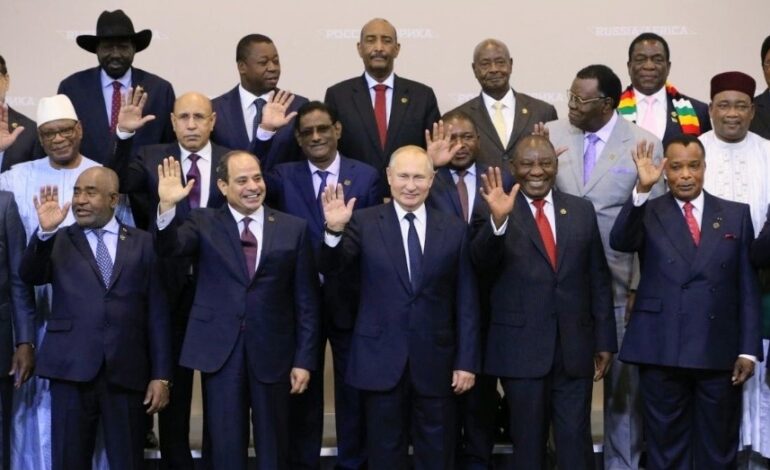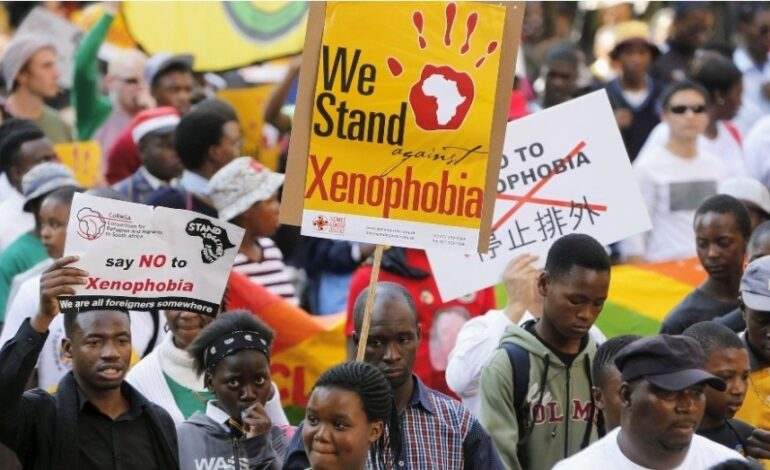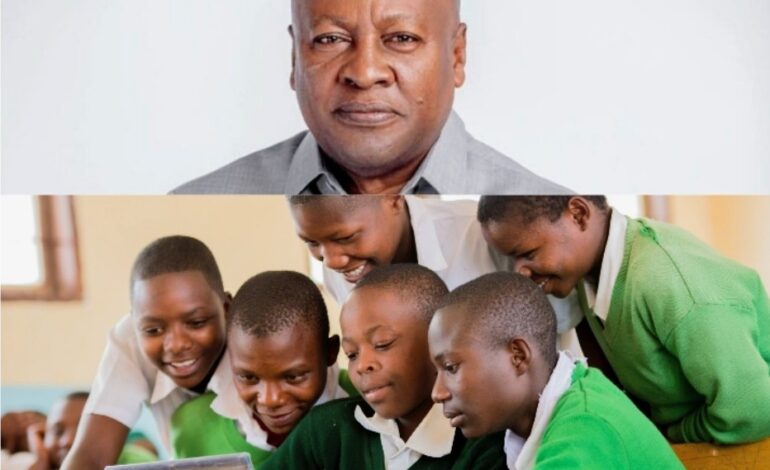
Wayne Lumbasi
Ghana is taking a historic step in transforming its education system by making the teaching of local languages compulsory in all basic schools. The Minister of Education, Haruna Iddrisu, has directed the Ghana Education Service to ensure that Ghanaian languages become a central medium of instruction in classrooms across the country.
This groundbreaking move aims to improve learning outcomes, strengthen cultural identity, and rekindle national pride. For decades, African education systems have been shaped by colonial legacies that privileged foreign languages over native tongues. Ghana’s decision represents a major effort to reclaim that space, to educate children in the languages that speak directly to their heritage and lived reality.
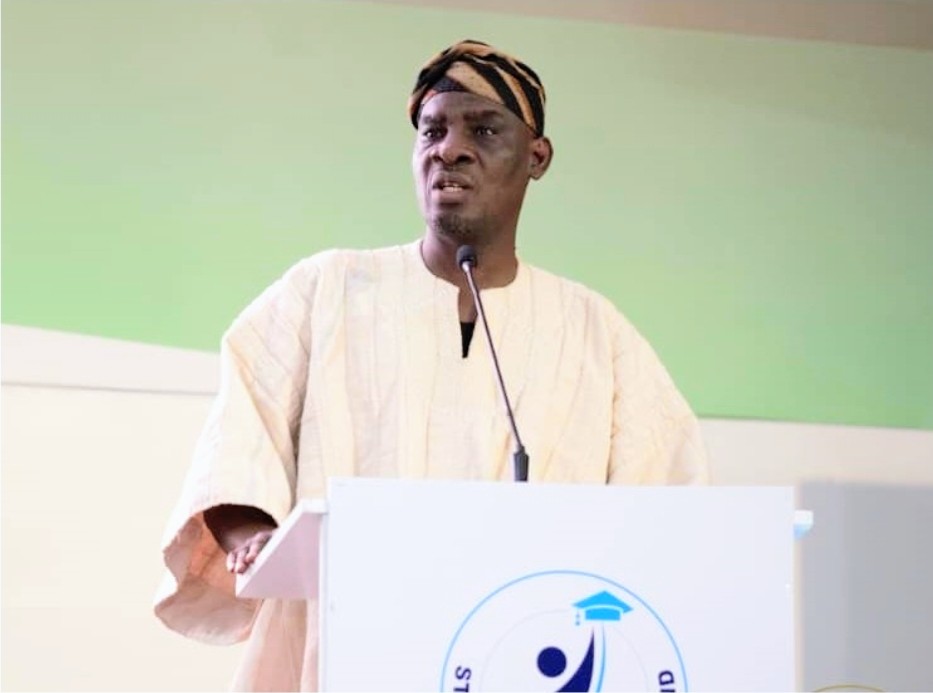
Minister Iddrisu described the policy as a key pillar of President John Mahama’s “Reset Agenda,” a national blueprint designed to restore pride, rebuild values, and reimagine the future of education.
“A nation that cannot teach its children in its own language cannot fully own its destiny,” the Minister remarked during the policy announcement.
Under this directive, the Ghana Education Service will oversee the recruitment and training of qualified teachers, as well as the development of textbooks and digital materials in various Ghanaian languages. The government also plans to use radio, television, and online platforms to support audio and visual learning in local dialects.
Experts believe this policy could have a lasting impact beyond education. Studies have shown that countries such as Japan, Russia, and India, which prioritize education in native languages, often experience faster progress in innovation, science, and national development.
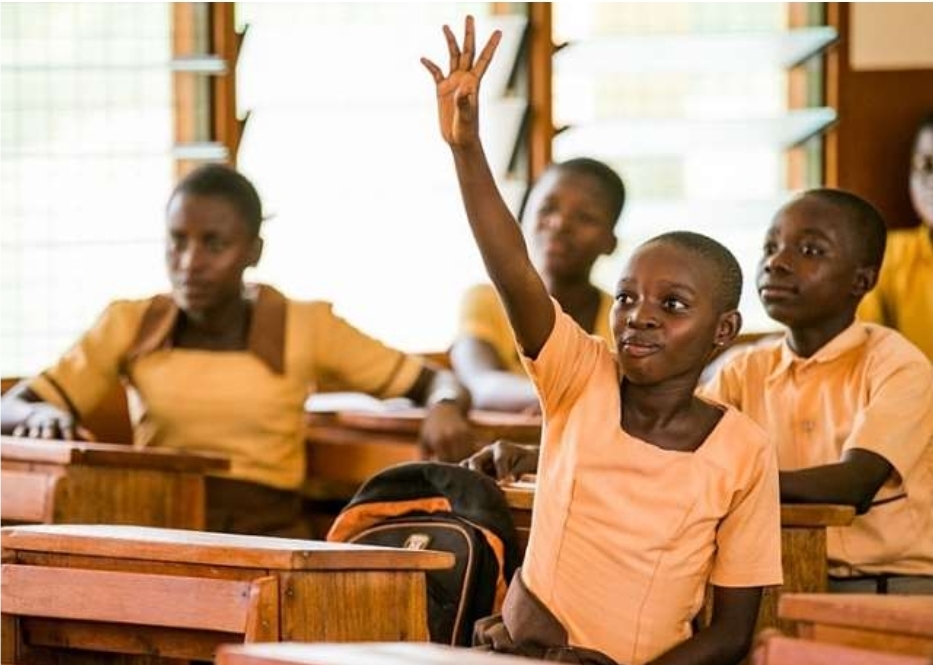
By empowering children to learn in the languages they speak at home, Ghana is not only improving comprehension but also affirming identity, unity, and self-worth. It marks a defining moment in Africa’s long journey toward decolonising education, where knowledge reflects the people it serves.
Ghana’s bold step may well inspire a continental shift, proving that true liberation begins in the classroom, in the language of one’s own people.
RELATED
https://www.facebook.com/share/p/14JhxZEzFVa
AFRICAN EDUCATION: HISTORY & CHILDREN






